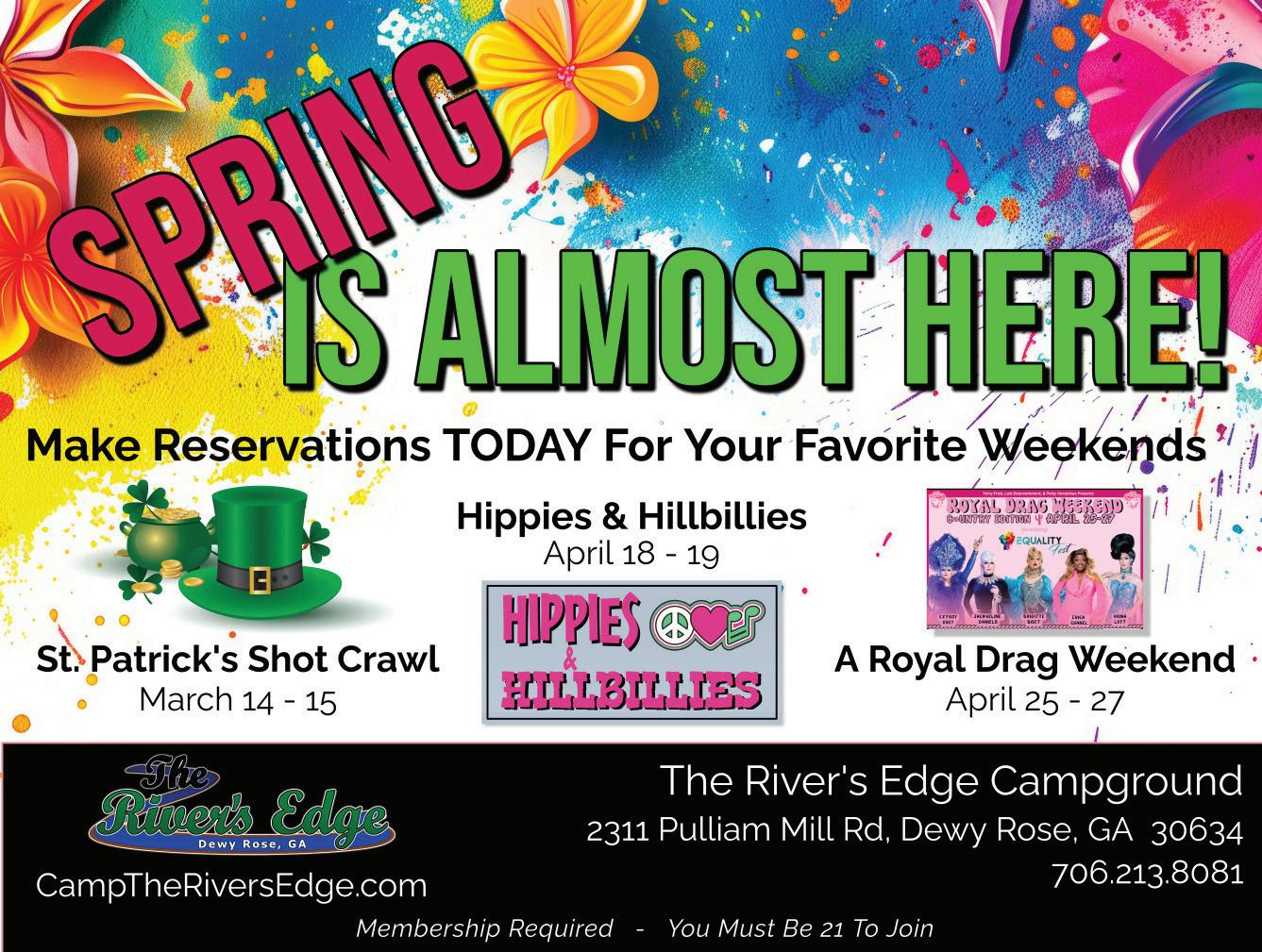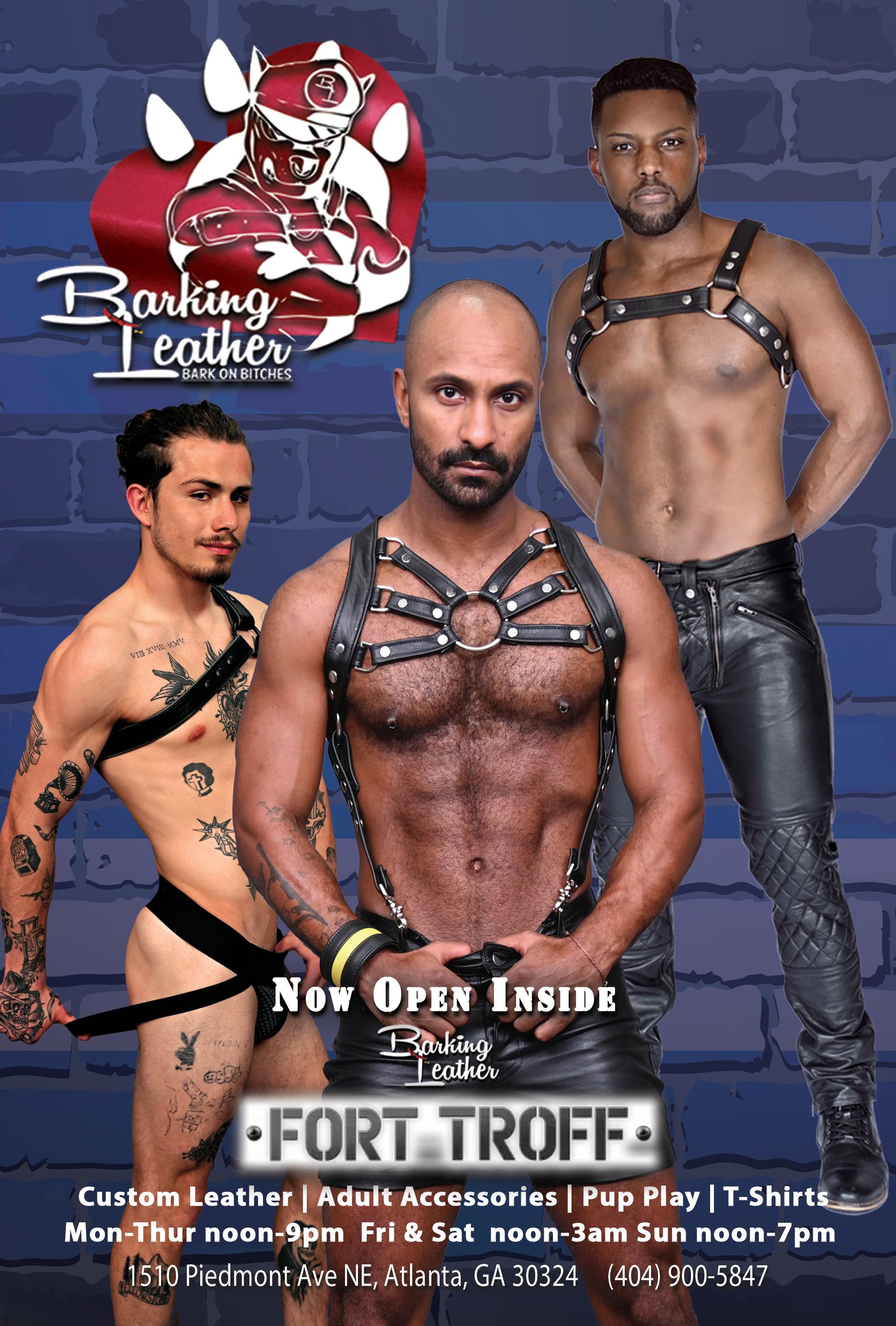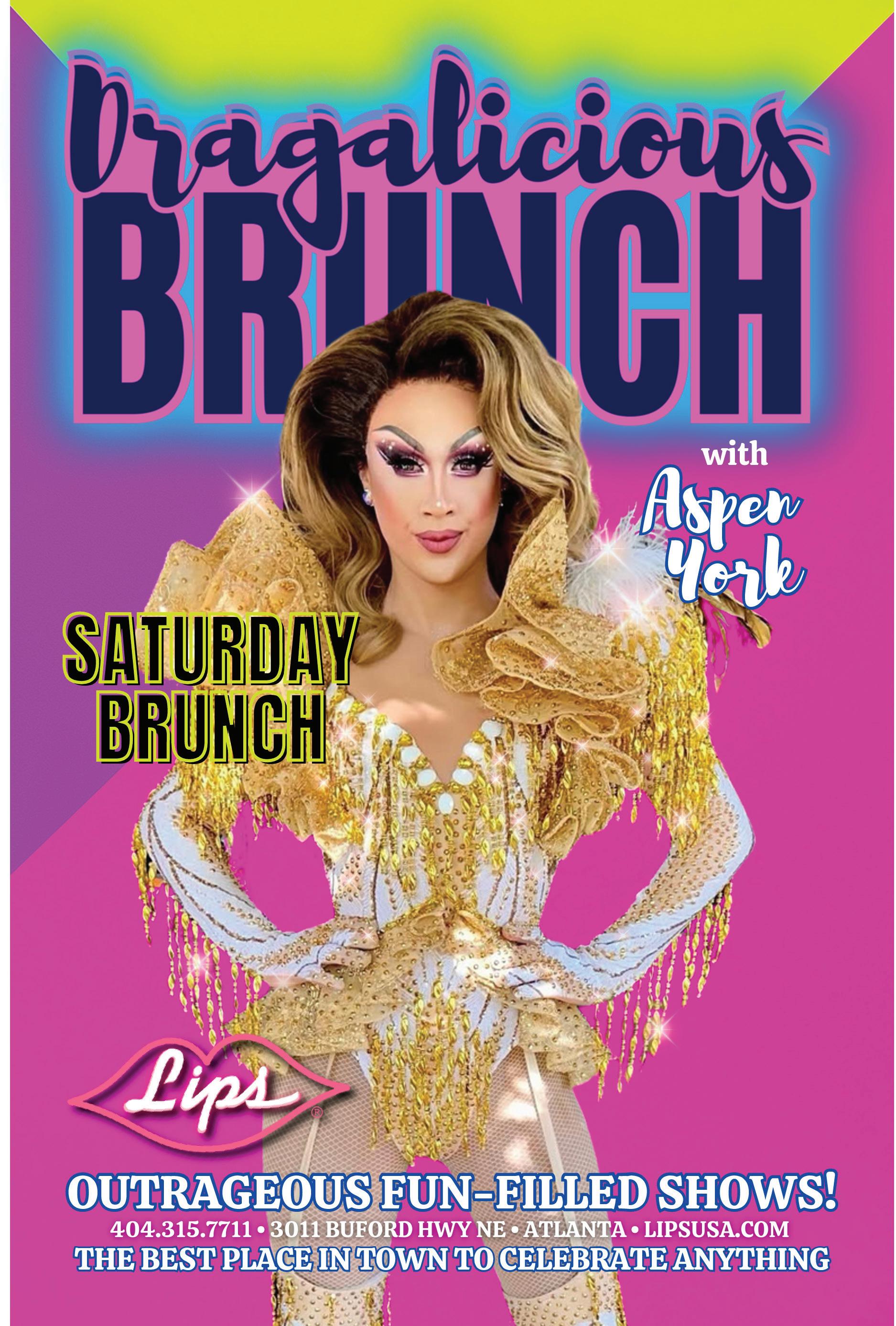































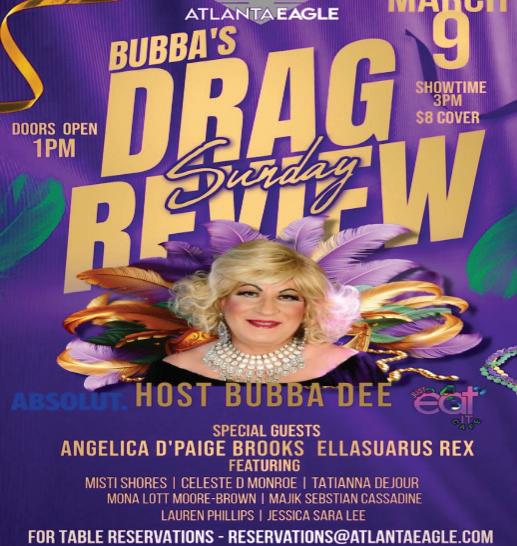






























































































By Chris Azzopardi

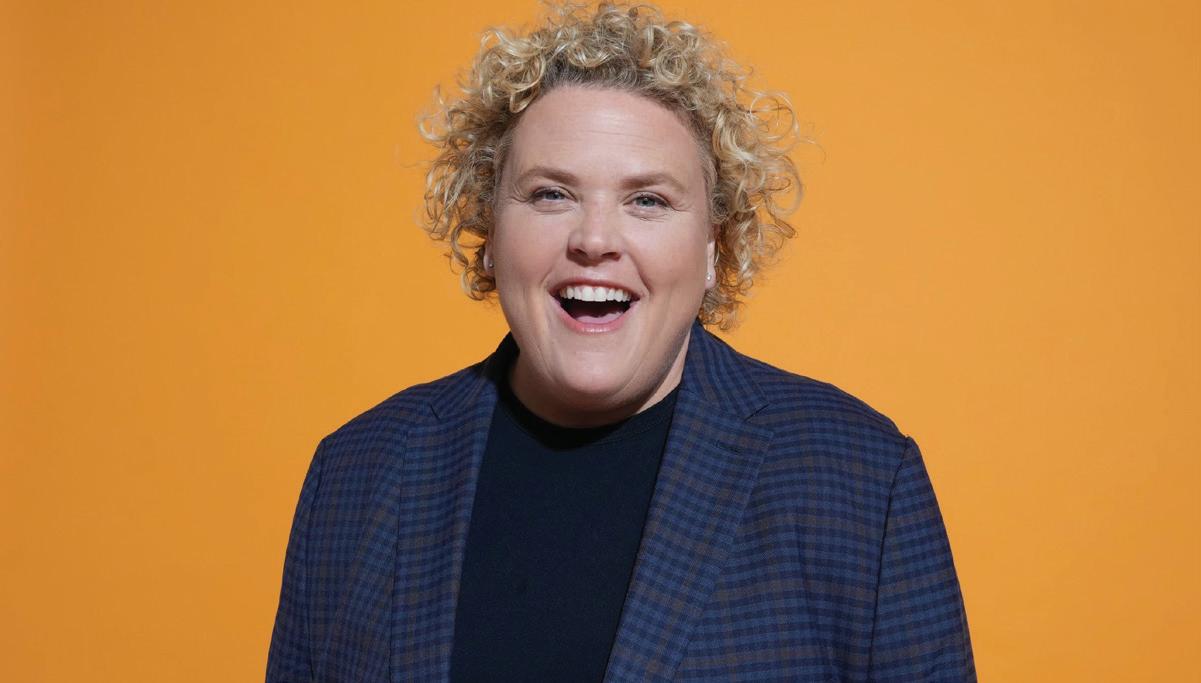
Fortune Feimster may not wear a cape or leap tall buildings, but she might just be a superhero. Her superpower? Making us laugh until we forget why we needed saving in the first place.
In an America that often feels like a punchline without the comedy, Feimster offers both relief from the chaos and inspiration to keep pushing forward. With three Netflix specials and over a million Instagram followers, she’s built her career transforming life’s absurdities into moments of pure hilarity. Her latest Netflix special, “Crushing It,” tackles everything from marriage to navigating life as an out gay person — including the moment she and her wife Jacquelyn “Jax” Smith realized their honeymoon destinations weren’t exactly LGBTQ-friendly.
On tour this year, Feimster isn’t just serving up jokes — she says her shows have evolved into spaces where queer people and allies can laugh, connect and feel seen. During our conversation, Feimster opened up about the deeper impact of her comedy, from helping parents better understand their LGBTQ+ kids to reaching audiences in conservative areas where visibility matters most. She also reflects on the fears surrounding marriage equality, why she and her wife Jax rushed to the altar after Ruth Bader Ginsburg’s death, and what gives her hope despite today’s political climate.
With everything happening right now — the political climate, the fires so close to your home — how are you holding up?
The fires really just made all of us, at least in L.A., stop in our tracks and go, “Holy cow.” So devastating. We’re just kind of coming out of that, and then all this other stuff is happening. You do what you can and then just have to focus on getting back out there and just trying to bring levity to the situation in any way you can because you feel so helpless to know what to do otherwise.
What does it mean to you to do what you can?
I think there’s a lot of people who want people in the public eye to fix things. And you’re like, “This is so big!” I know it comes from a place of other people not knowing what to do, so maybe you’ll know what to do, but I’m right there with everybody else.
So all I know how to do is to continue to be representation, hopefully positive representation, and to keep reminding people we exist and have a voice and are people and have love and have problems and have all the same trials and tribulations as anyone else, as any straight person I know. And there’s power in sharing our stories and being out and being proud. That’s the best I know how to do right now — just continuing to be some sort of positive voice out there in the mix of all the negativity.
In “Crushing It,” you open up the show talking about how, for your honeymoon, you accidentally went to countries where being gay is illegal. That must be eye-opening for straight fans of yours who aren’t familiar with these laws in other countries. How do you think your comedy in the next few years can reach across the aisle?
The whole point [of that bit] was to say everyone gets comfortable and thinks, “Oh, gay rights are solved. Marriage equality exists, so you must be OK and we’re fine in our country.” That’s what I’m saying is the perspective, I think, of people who aren’t in the community. I wanted to point out the fact that there are many places where it’s not safe to go, where you can be arrested, and this still exists in these times. Through comedy, I get that point across.
I’m never going to be the political commentary comic, the social issues comic. There are people so much smarter than me who are so much more aware and so much better at presenting those facts and stories. I can only do it in my way, which is to let me tell you a funny story of something that happened to me. But the underlying part of that is, “This is scary, it sucks.” There’s so much further to go in this fight for equality, not only in our country but the whole world.
So yeah, I hope to continue to tell stories like that, like I did in my “Sweet & Salty” special, where I tell my coming out story. Even though it’s masked by a funny story of going to a Hooters restaurant and then telling my mom at a Chinese restaurant later, the underlying part of that is it’s really hard to come out. I just think humor is a powerful tool — if you can make people laugh, they listen. And if they’re really hearing you, the underlying message comes through.
When in your career did you know people really were listening to your message?
A byproduct of my standup that I just didn’t realize would exist is that, through a platform like Netflix, you’re getting to tell your stories in front of people who might not have watched you otherwise. So straight people watch, conservative people watch, males watch. I don’t think men were normally coming to my shows as much before, but on Netflix, they’ll sit there and watch. It’s cool to open minds in that way.
During the pandemic when “Sweet & Salty” came out, so many people were at home, so they saw something they might have not seen otherwise. I got a ton of messages that I didn’t expect from straight people saying, “I never realized how hard it was to come out, what that meant and the fear that gay people must go through in having that conversation.” And that was a really amazing thing to hear from men, these dads. I also had parents say to me, “I’ve had an inkling that my kid might be gay, but they had never come out to me or felt comfortable. And so we watched your special together and that made them feel like they could open up at the end of it.” Or I’ve had young people say, “I was scared to tell my parents I was gay, but when I saw them laugh at your jokes, I felt safe to come out to them.” I couldn’t believe that. Because I’m just sharing my own stories.
With your upcoming tour, you have many stops in more conservative states, like North Carolina and Kentucky. Why is it important for you to show up in those places?
I never shy away from those places because I was there in North Carolina at one point and I desperately needed someone like me to speak to me. I think I would’ve come out much sooner had there been representation, had I seen a lesbian comic come through town when I was 18. That could have made a huge impact on me. And it just didn’t happen as much back then because it was not as welcoming or accepted to be gay. I didn’t have YouTube or “Will & Grace.” So I think about what I needed growing up in a small conservative town in the South, and that still exists for a lot of people, even though they have a lot more access and there’s a lot more representation. To go to these red states and these conservative areas and be an out, proud gay person and to tell my stories and have the audience full of people who relate to those stories or people who are just like me and they want to support me, it’s powerful.
Sometimes I’ll get people saying “Why would you go to Florida?” when Don’t Say Gay was happening, or when the drag ban was happening in Nashville. I’m like, “This is when we have to go.” Because in Nashville, I did the Ryman. That was 2,800 people. And I said, “I can’t change the laws here, I can’t make the legislation be different, but I can provide a place where 2,800 people can come and look around and see allies, to see other gay people.” And that’s powerful to know that we have each other and can go out into the world and spread a more positive message to help, little by little, to change legislation by voting, by volunteering, making a difference. It has to start in these smaller ways.
Given the anti-LGBTQ+ orders coming down from the federal level so far this year, will touring in 2025 feel different than in past years?
I don’t know. I honestly haven’t thought about it. I’m going to a lot of those same places, and whereas I was doing one show, now I’m doing two in these places. So the message is getting out there, the numbers are growing, so maybe people need to feel that community more than ever. There’s a sense of, “OK, for tonight, in this room, I feel good.” And that does kind of pump you up to go back out there and be proud of who you are. And we’re at the beginning of whatever’s to come. So it’ll be interesting to see as I go what it’s like in these different areas and states. And you just have to hope the community continues to stick together and be strong and be a positive force for positive change.
Your wife Jax is from Michigan. When you stop here for a show, do the in-laws all pile in a van and come see you?
Yes. Her family’s so amazing and has been incredibly supportive of me from the minute we started dating. I remember our first year together: I had shows at a comedy club in Royal Oak, and her dad threw a little party before the show and all her family came. And her mom is always coming to shows in different states. They’re all just so supportive and proud. And Jax has been out since she was 15 and has always stood firm in who she is. And to have that kind of love and support… because Michigan, as you know more than anybody, can be pretty conservative in certain areas as well.
You and Jax got married in 2020, and I hate to even ask this, but with the current political climate, there’s a real fear about the future of marriage equality. Is that something you and Jax talk about? And how do you personally navigate that kind of uncertainty?
It certainly hangs over our heads a bit because I think it’s very naive of people to think that it’s not in jeopardy.
Well, look at Roe vs. Wade.
Exactly, yeah. I had extended family tell me, “Oh, you’re worried about nothing.” And I don’t know. “That’s easy for you to say, you don’t know.” We really don’t know. Maybe it’s totally fine. But the goal for them for so many years was Roe vs. Wade, and once that box was checked for them, it was like, “Well, what’s the focus now?” Because there’s got to be a communal focus. And the new focus is now on marriage equality and trans rights.
Who knows what will happen? But it contributed to why we got married as quickly as we did the first time. We had been engaged for a couple years and knew we were going to get married, but just weren’t in any hurry to plan a wedding because we’re not big planners. And then when Ruth Bader Ginsburg died, we went, “Oh, crap. This changes a lot of things with the Supreme Court. And let’s just do it. Let’s just go ahead.”
Because it means something to us to be married and to get to have that right. To just enter into that kind of thing together meant so much to us, and so that’s why we did it. We planned our wedding in two weeks and got married in front of five friends in the pandemic, just because if at some point it got revoked, we wanted to at least have said we got to be married, we got to see what that felt like. And there is something really powerful and special about saying, “My wife.” It does mean something. I mean, gay people should be able to experience marriage, they should be able to experience divorce, they should be able to experience all the things.
With everything going on, it’s easy to focus on the negatives — but what’s one thing that gives you hope for the queer community right now?
The beauty of my job is I get to go to so many places in so many states and so many cities. I meet thousands of people in a way that I think not as many people have exposure to, but it’s just by the nature of my job. And what I see in all these cities are good people, really good people, and kind people, both gay and straight, all over the rainbow, all over the spectrum of all different backgrounds, ages.
And those voices online and political voices, they’re all so loud that you think, “Man, there’s so much negativity and so much hate.” That’s so scary. And then I go to all these places and there’s so many good people. And I’m given hope in that because I think they exist in so many places and in big numbers, in ways that people kind of don’t get to see as much because those loud voices are so loud.
So even in these times when those voices continue to get louder, I have hope that the good people will continue being good and doing good and looking out for each other and making a difference and the bad stuff that happens, that will be squashed by the good at some point and in time.
I am very biased, of course, but I am most proud of the audience and fan base that I’ve cultivated. And in my 18 years of being in this business, the thing that every venue tells me, be it a club, a theater, they say, “Your audience is so kind, so amazing. The manners, the goodness, the energy in the room, it is such a breath of fresh air.” So I’m grateful that I try to put out good stuff, positive stuff, and the fact that that is seen and appreciated by like-minded people is really something I’m so proud of.
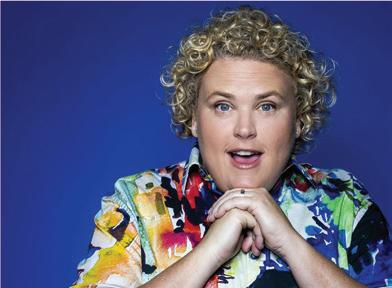


Chris Azzopardi is the Editorial Director of Pride Source Media Group and Q Syndicate, the national LGBTQ+ wire service. He has interviewed a multitude of superstars, including Cher, Meryl Streep, Mariah Carey and Beyoncé. His work has also appeared in The New York Times, Vanity Fair, GQ and Billboard. Reach him via Twitter @chrisazzopardi.
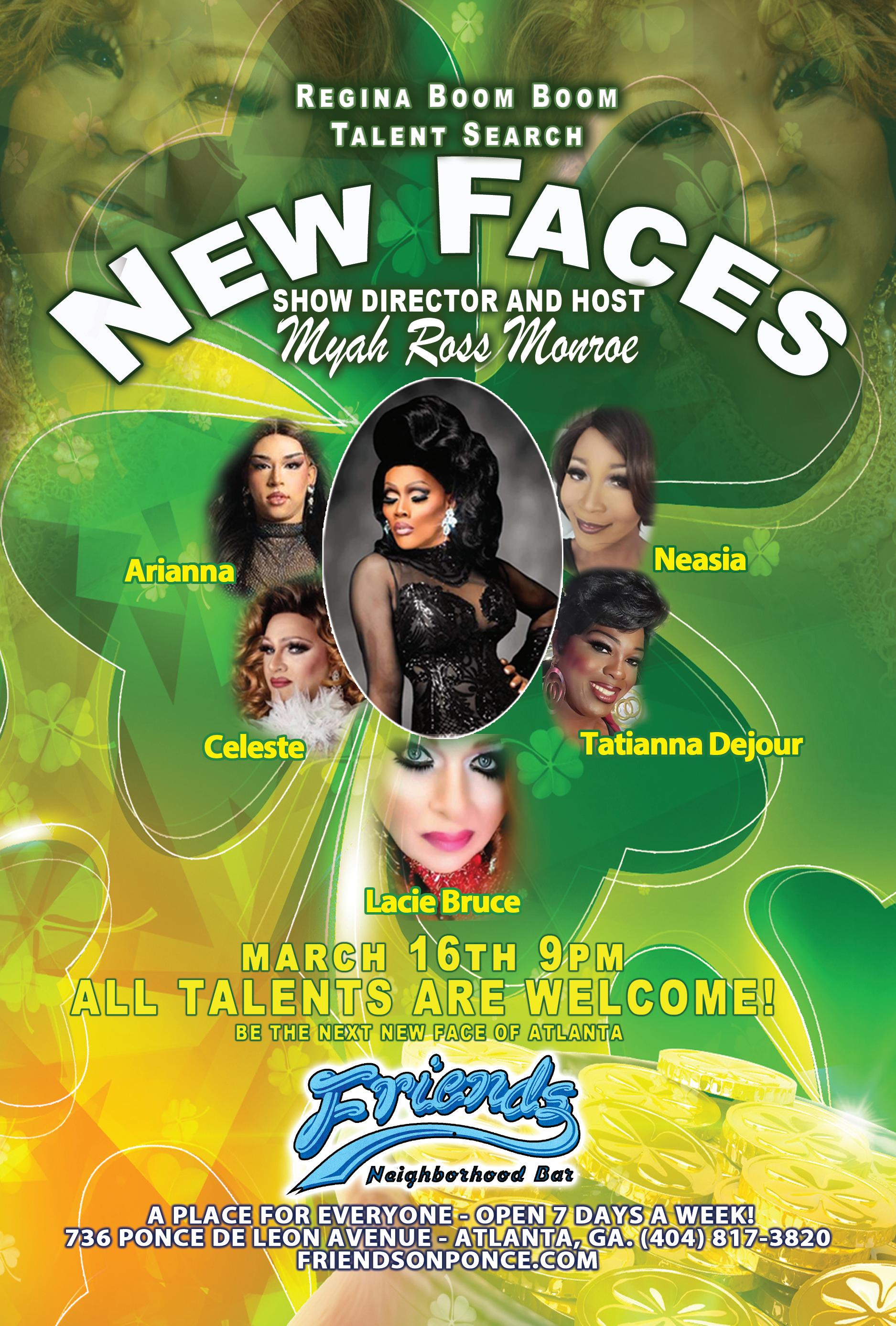

By Sarah Bricker Hunt and Chris Azzopardi
It’s all too easy right now to get stuck in the grip of endless headlines and doomscrolling. If you’re feeling the weight of the world closing in, it’s time to unplug and escape into a different kind of world, perhaps one that includes fantastical forest homes — or Cher. Step away from the screen and lose yourself in one of these captivating reads that promise respite, inspiration and, at times, divine gay icon wisdom — recommendations from columnists Chris Azzopardi and Sarah Bricker Hunt.
by Brittney Griner
At first glance, Brittney Griner’s, “Coming Home” is primarily a harrowing account of her nine-month detention in Russia, where her identity as a gay Black athlete added layers of vulnerability to an already precarious situation one that thrust Griner into harsh international scrutiny. The book goes well beyond the details of her 2022 arrest for carrying vape cartridges containing medical cannabis oil, however. Griner’s journey is one of redemption and hope, with a true love story at the center. The book, co-written with Michelle Burford, weaves Griner’s detention narrative with personal history, including her coming out story and her father’s initial rejection (“I ain’t raising no gay bitch!”) before their eventual reconciliation. Her relationship with wife Cherelle emerges as a source of strength throughout her ordeal, evidenced by tender details like finding comfort in touching Cherelle’s signature in a sudoku book. Now free and back playing basketball, Griner welcomed her first child with Cherelle in 2024. The book serves as both a suspenseful memoir and a warning about the risks LGBTQ+ athletes face in countries with anti-gay policies, even as lucrative overseas contracts continue to draw American players to these regions.
There Is a Rio Grande in Heaven by Rubin
Reyes, Jr
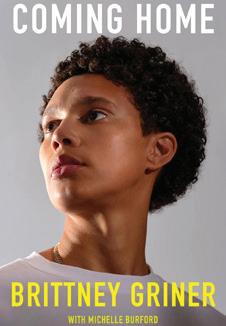
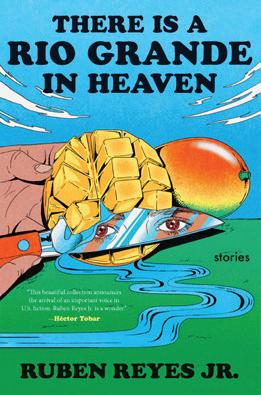
“There Is a Rio Grande in Heaven” by Ruben Reyes, Jr. marks a groundbreaking debut in speculative fiction, weaving LGBTQ+ and Latinx narratives into 12 short pieces that blur the lines between fantasy and reality. The collection includes both short and flash-fiction entries that explore queer experiences, immigration and cultural identity through a sci-fi lens (though, arguably, “sci-fi” isn’t a perfect description for the genre here). In one story, a gay son grapples with losing his homophobic father while imagining a more accepting alternate version. Another story reimagines the traditional immigration narrative, depicting Americans attempting to reach Mars while facing violent consequences if caught. Reyes, the son of two Salvadoran immigrants, tackles complex themes within the Latinx community, including internal discrimination and exploitation through stories ranging from a Latinx-owned company underpaying workers to a magical mango tree being exploited, perhaps a critical commentary on overlapping community intersectionalities. The book culminates in an interactive chapter where readers create their own immigration story. Throughout the collection, Reyes maintains a delicate balance between fantastical elements and harsh realities, making the work accessible to a broad range of readers beyond the sci-fi genre. His careful handling of queer and immigrant perspectives creates a unique contribution to both speculative and LGBTQ+ literature.
by Sara Glass
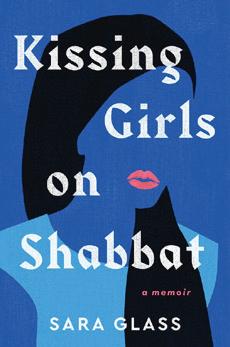
In her debut memoir, New York Times “Modern Love” contributor Sara Glass offers a raw and intimate memoir of growing up lesbian in Brooklyn’s strict Gur Hasidic community, where samesex relationships are condemned and arranged heterosexual marriages are the norm. Glass details her journey from a sheltered 19-year-old bride in an arranged marriage to her eventual emergence as an out lesbian at age 32. The memoir chronicles her secret relationship with a woman named Dassa, her complicated first marriage to Yossi and a subsequent marriage to another man — both driven by religious expectations and custody concerns for her children. The book explores the unique challenges faced by LGBTQ+ individuals in ultra-religious communities, where rejection of traditional marriage can mean complete ostracization. Glass describes harrowing experiences, including a traumatic childbirth delayed by religious constraints and the constant pressure to suppress her identity. While acknowledging positive aspects of her Hasidic upbringing, Glass ultimately advocates for those trapped between religious obligations and authentic sexuality. The memoir ends on a hopeful note, with Glass finally securing custody of her children and finding freedom to live openly. You’ll never read her “Modern Love” contributions the same way again.
Gaelle Geniller
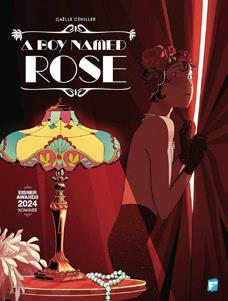
of artistic expression, gender exploration and found family. Geniller’s artwork captures both the glittering allure of cabaret life and intimate moments of personal transformation. The acclaimed work, translated from French by Fabrice Sapolsky, stands out for its celebratory approach to gender nonconformity and its portrayal of a supportive queer community within Le Jardin’s walls. While addressing serious themes of identity and social acceptance, the story maintains an uplifting tone, offering a refreshing perspective on LGBTQ+ narratives through its distinctly European sensibility — plus, it’s just so pretty.
Austin
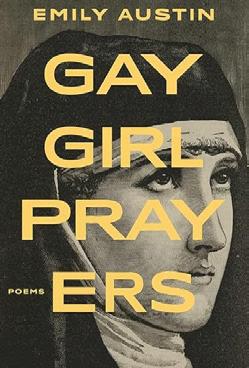
A gorgeously illustrated graphic novel nominated for a 2024 Eisner Award, A Boy Named Rose, focuses its tender narrative on 19-year-old Rose, a rising stage performer at the famed Parisian theater Le Jardin. Rose begins exploring feminine presentation while pursuing dance under the guidance of three mentors known as The Flowers. Set against the backdrop of Paris’s nightlife, the narrative blends themes
Emily Austin, already established through her debut novel “Everyone In This Room Will Someday Be Dead,” makes a striking poetic entrance with “Gay Girl Prayers,” a collection that reimagines Catholic doctrine through a queer lens. Literally, Austin rewrites Bible passages in a way that reflects her lived experience growing up gay in a traditionally religious culture. The work carefully reconstructs religious teachings to embrace LGBTQ+ experiences rather than reject faith entirely. Austin amplifies the voices of female figures who have been historically silenced by patriarchal interpretations, while simultaneously celebrating queer identity as sacred rather than sinful. The collection serves as a bridge between religious upbringing and queer identity, offering a path to reconciliation for those who have felt excluded from traditional religious spaces. Through her verses, Austin creates an inclusive vision of spirituality that maintains reverence while challenging conventional interpretations of scripture. Rather than dismantling religious tradition, she rebuilds it into a more welcoming structure that honors both faith and queer experience, demonstrating how ancient texts can be reinterpreted to embrace rather than exclude.





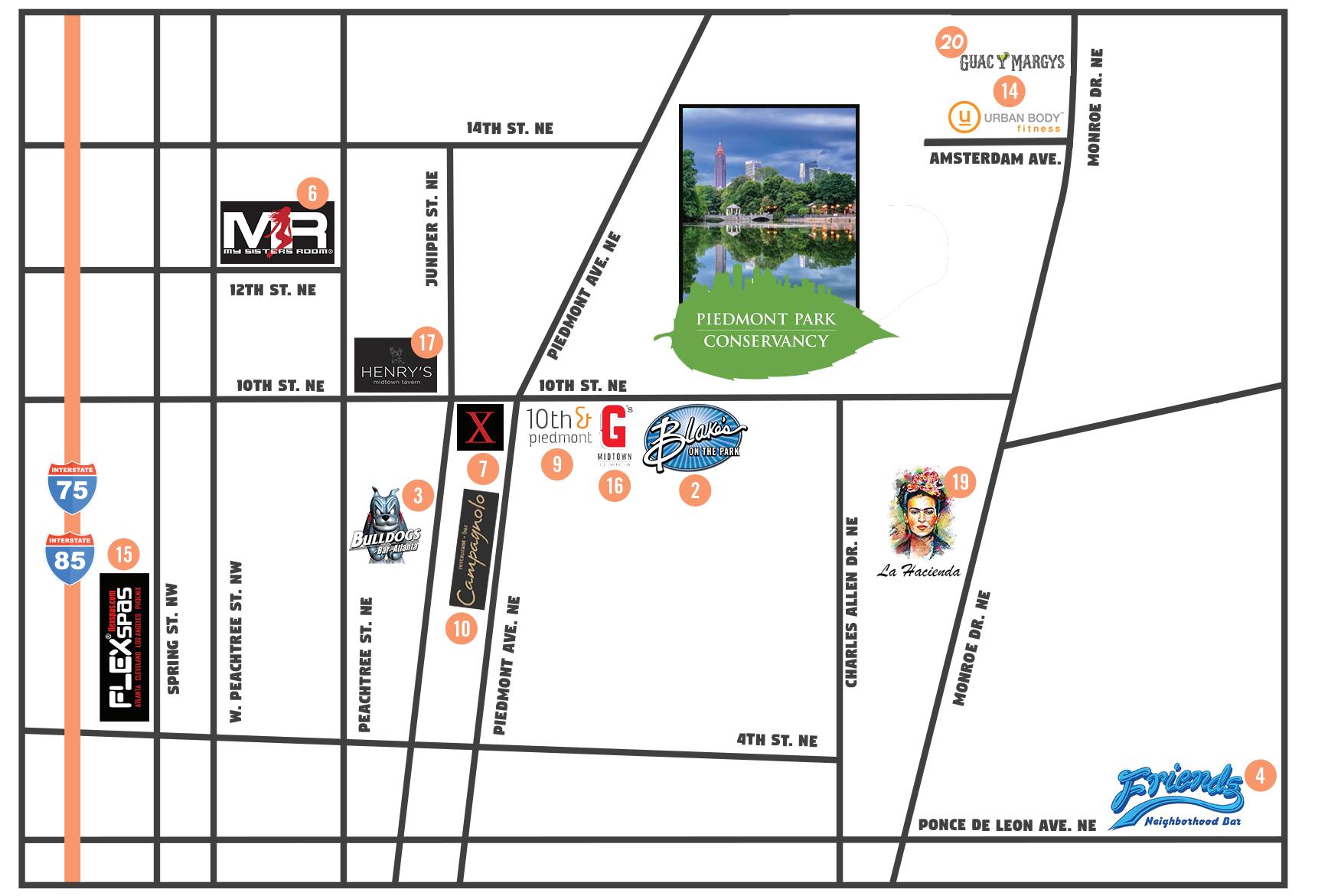




















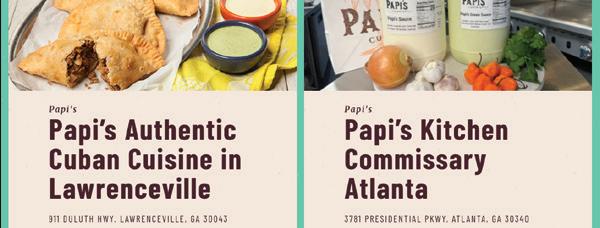










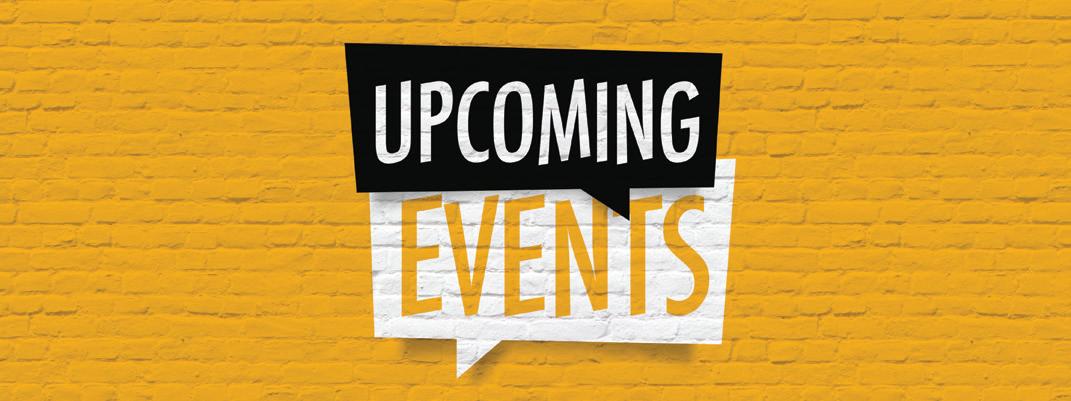




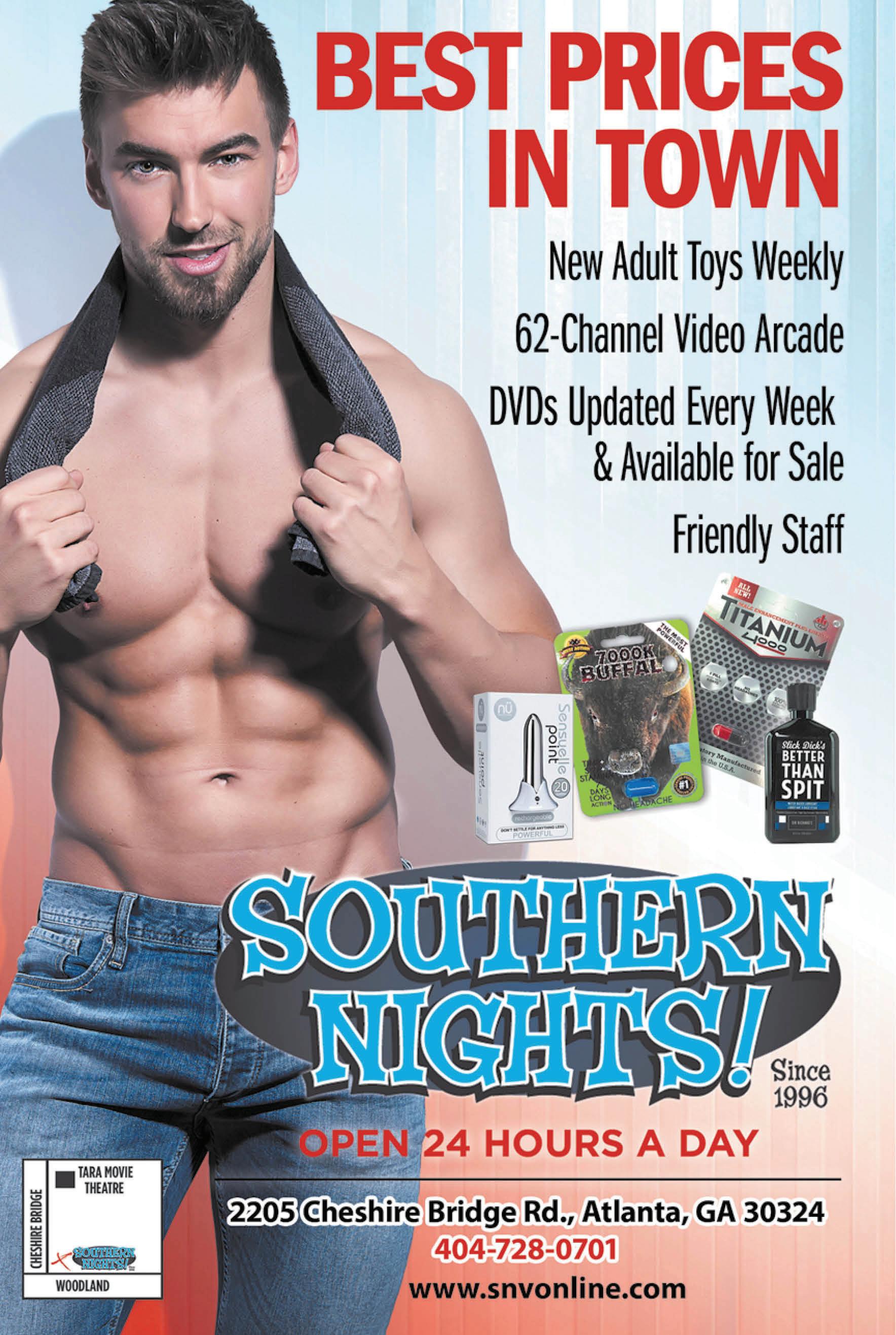



BARS & CLUBS MIDTOWN
BLAKE’S ON THE PARK blakesontheparkatlanta.com 227 10th St NE
BULLDOGS 893 Peachtree St NE
FRIENDS NEIGHBORHOOD BAR friendsonponce-atl.com 736 Ponce De Leon Ave NE
MY SISTER’S ROOM mysistersroom.com 66 12th St NE
X MIDTOWN xmidtown.com 990 Piedmont Ave NE
THE T modeltatlanta.com 465 Boulevard SE
CHESHIRE
HERETIC hereticatlanta.com 2069 Cheshire Bridge Road
BJ ROOSTERS bjroosters.com 2043 Cheshire Bridge Road NE
WESTSIDE
MARQUETTE 868 Joseph E. Boone Blvd NW
840ATL 840 Joseph E. Boone Blvd NW
ANSLEY
A
ATLANTA EAGLE 1492 Piedmont Ave NE
FELIX’S 1510 Piedmont Ave NE
THE HIDEAWAY 1544 Piedmont Ave NE
MIXX mixxatlanta.com 1492 Piedmont Ave NE
OSCAR’S oscarsatlanta.com 1510 Piedmont Ave NE
WOOFS woofsatlanta.com 494 Plasters Ave NE
TRIPPS fb: tripps-bar 1931 Piedmont Cir NE
EAST ATLANTA, GRANT PARK & EDGEWOOD
MARY’S marysatlanta.com 1287 Glenwood Ave SE
SISTER LOUISA’S CHURCH sisterlouisaschurch. com 466 Edgewood Ave SE
DINING MIDTOWN
CASA ALMENARA 991 Piedmont Ave NE casa-almenara.com
OLIVE BISTRO olivebistro.com 1050 Juniper St NE #4
LA HACIENDA lahaciendamidtown. com 900 Monroe Dr NE
TUK TUK THAI FOOD LOFT TUKTUKATL.COM 1745 Peachtree Rd NW
DEKALB
LIPS ATLANTA atldragshow.com 3011 Buford Hwy NE
GCB & PLEASURES brushstrokesatlanta. com
1510-D Piedmont Ave. NE FITNESS
MIDTOWN
URBAN BODY FITNESS
urbanbody tness. com
500 Amsterdam Ave N
CHESHIRE GRAVITEE FITNESS graviteeatl.com 2201 Faulkner Rd NE
RETAIL
MIDTOWN
BARKING LEATHER AFTER DARK barkingleather.com 1510 Piedmont Ave NE
CHESHIRE
SOUTHERN NIGHTS VIDEO 2205 Cheshire Bridge Rd NE ANSLEY
BOY NEXT DOOR MENSWEAR boynextdoormenswear.com 1000 Piedmont Ave NE, Ste A
SPAS/BATHS ADULT
FLEX SPA exspas.com 76 4th St NW

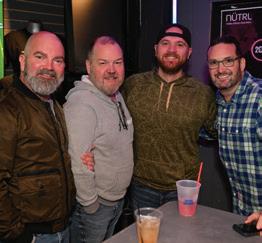
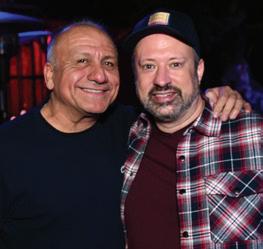
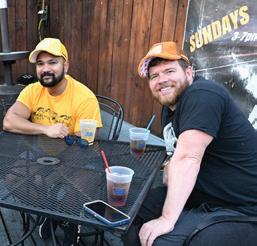
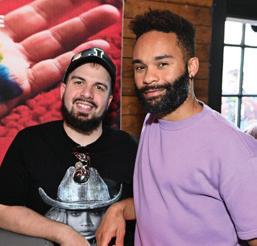
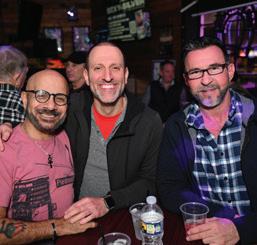
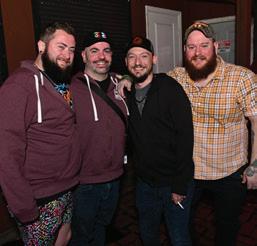
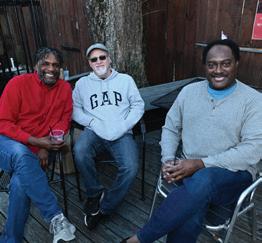
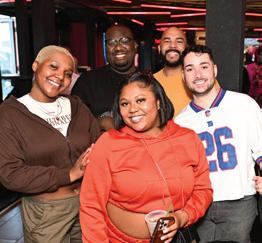
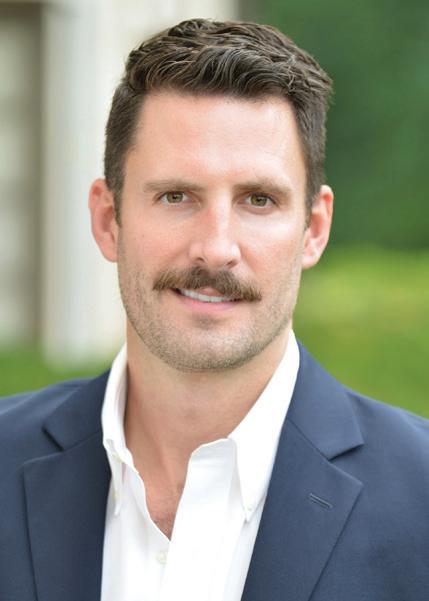
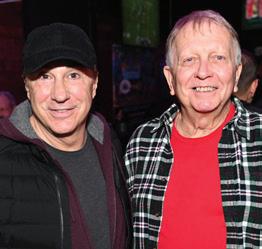
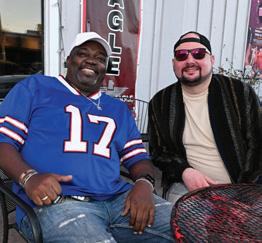

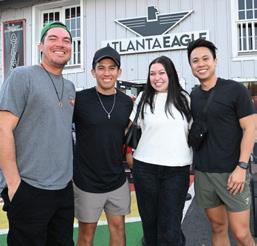
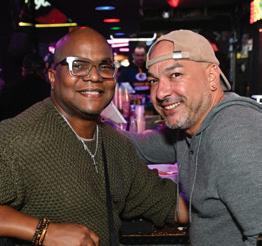
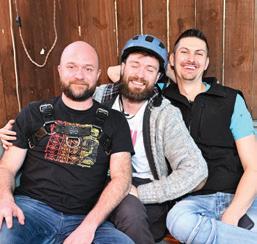
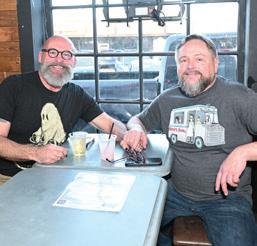
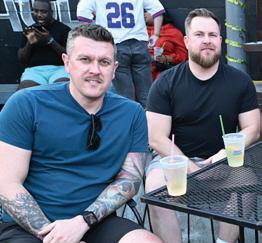

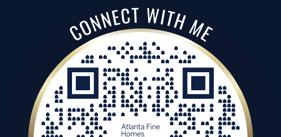
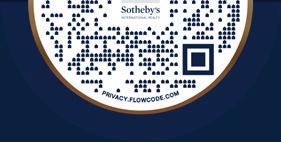


























































































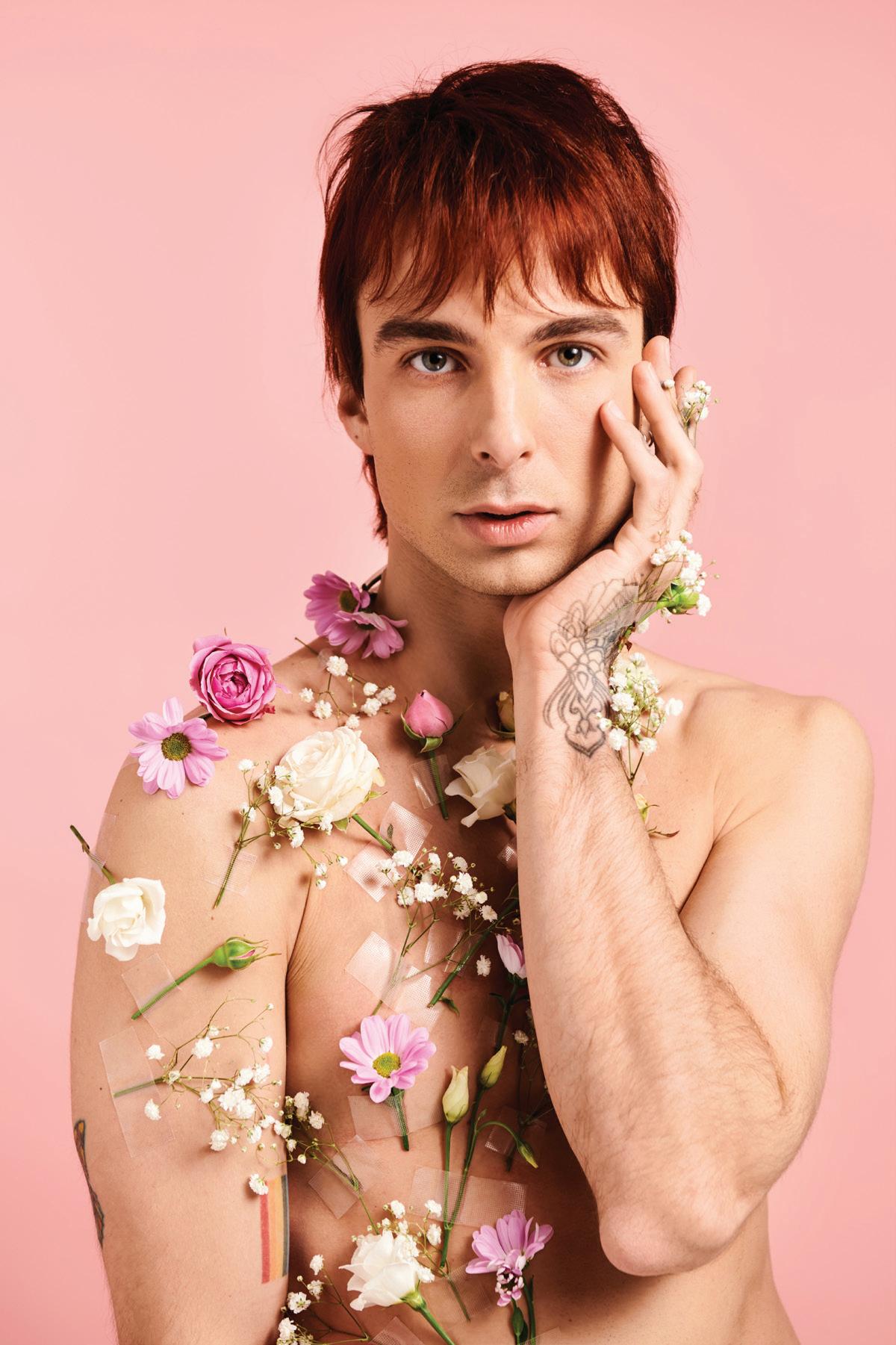






Edited by Mikkel Hyldebrandt





1. Refresh Your Wardrobe



Spring is just around the corner, bringing warmer days, blooming flowers, and a sense of renewal. It’s an opportunity to refresh routines, reconnect with loved ones, and embrace authenticity in vibrant and colorful ways. Whether you’re looking to revamp your wardrobe or find new ways to engage with your community, here are ten unique tips to help you prepare for spring.


Spring is a season of growth, making it an ideal time to engage in activism. Join LGBTQ+ advocacy campaigns, attend community forums, or volunteer with organizations that fight for equality and representation.




Spring is the perfect time to experiment with colors, patterns, and styles that resonate with your identity. Support LGBTQ+ designers or shop at inclusive brands that celebrate diversity. Think bold prints, pastel palettes, or statement pieces that showcase your personality.

2. Plan Your Festival Calendar



Spring marks the beginning of festival season, including LGBTQ+ film festivals, art exhibitions, and pride events. Mark your calendar and plan outfits, travel, and accommodations in advance to make the most of these experiences.
3. Reconnect with Your Community
Use spring as an opportunity to reconnect with LGBTQ+ organizations, clubs, or social groups. Consider joining outdoor events like picnics, hikes, or community clean-ups, which allow for safe socialization while enjoying the blossoming season.

7. Plan a Spring Getaway


Look for LGBTQ+ friendly travel destinations or weekend escapes that celebrate diversity and inclusion. Whether it’s a bustling city or a quiet retreat, a change of scenery can provide a refreshing reset.

4. Spring Cleaning with Purpose
Declutter your home and donate gently used clothes to LGBTQ+ shelters or charities that support marginalized communities. This not only makes space for new spring items but also gives back to those in need.

5. Update Your Self-Care Routine


With the change in weather, your self-care needs might shift as well. Switch to lighter skincare products, protect your skin with SPF, and consider incorporating aromatherapy with fresh floral scents to embrace the spring mood.
8. Experiment with Seasonal Recipes

Spring brings an abundance of fresh produce. Explore new recipes that incorporate seasonal fruits and vegetables while supporting queerowned restaurants or cafes known for their innovative, plant-based menus.




9. Prioritize Mental and Emotional Wellbeing
Spring’s renewal energy is a great reminder to check in with yourself. Practice mindfulness, meditation, or seek out LGBTQ+-inclusive mental health resources to nurture your emotional health.




Spring is about blossoming, and so is being true to yourself. Whether it’s exploring new aspects of your identity, embracing your sexuality, or simply expressing yourself freely, celebrate your uniqueness and share your story with pride.




Spring is more than just a change in weather – it’s an invitation to rejuvenate and grow. By embracing these tips, you can welcome the season with joy, authenticity, and community spirit. From fashion to activism, make this spring your most vibrant and empowering one yet!







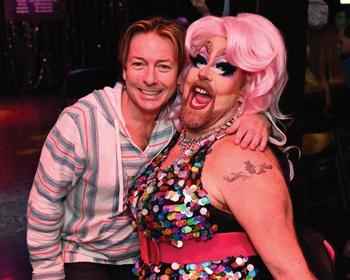
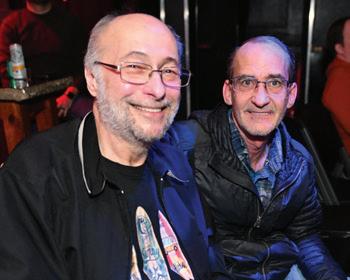
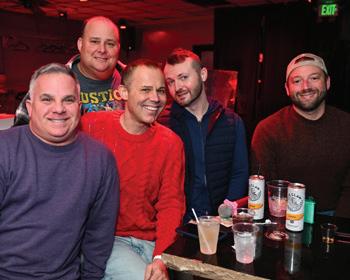
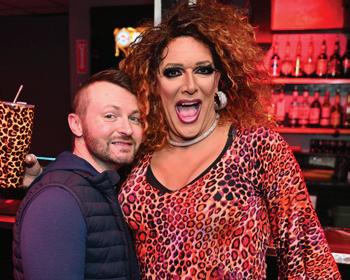
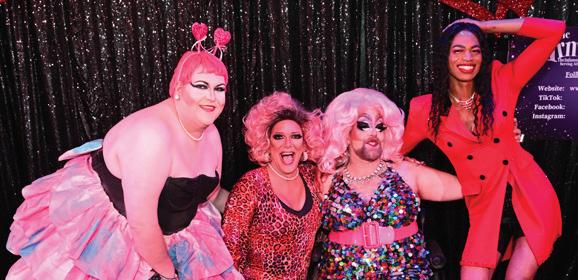
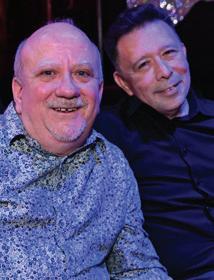
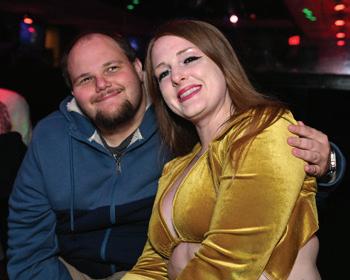
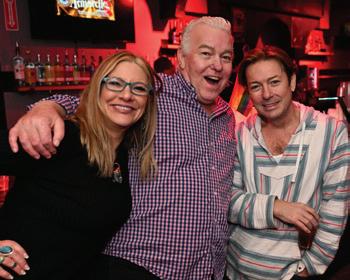

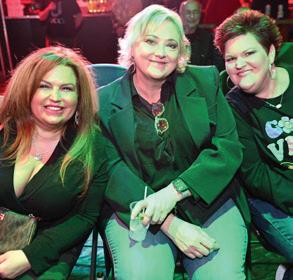
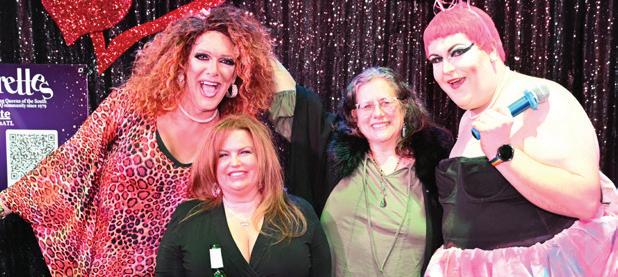
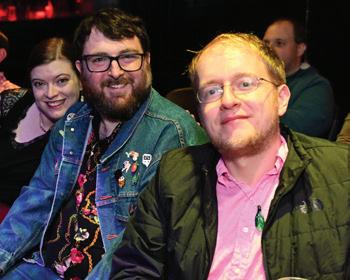
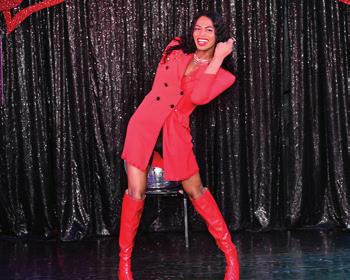
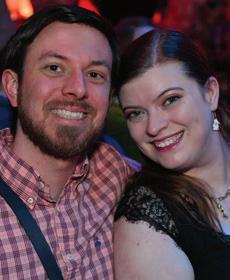
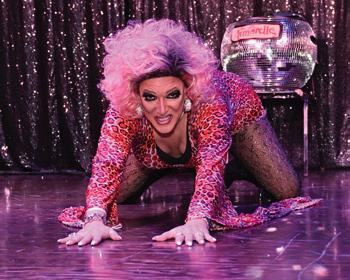
























































































































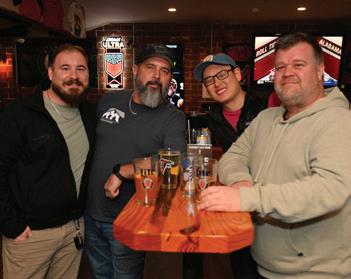
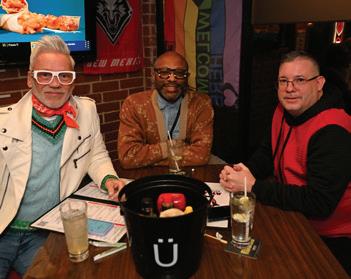
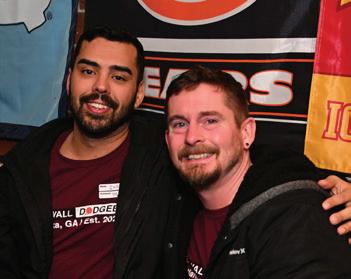
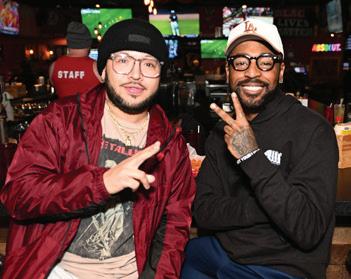
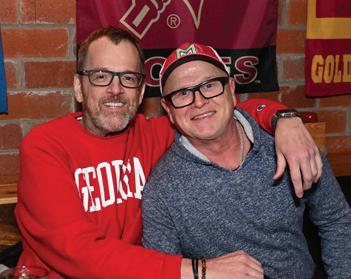

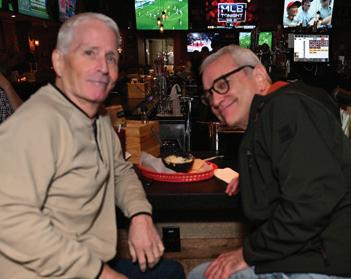
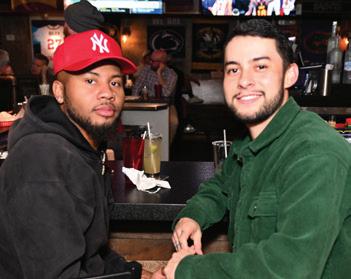
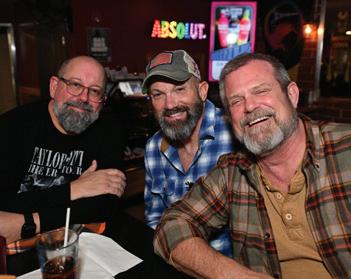
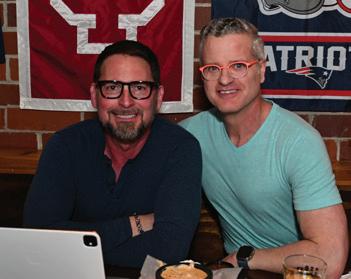
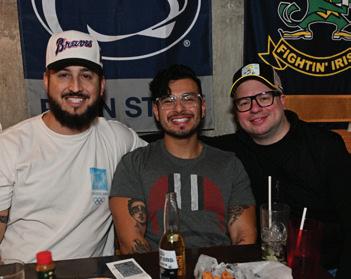
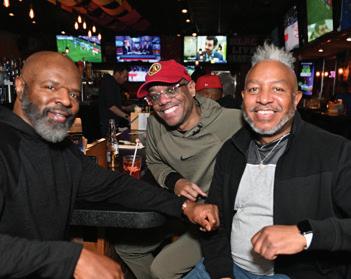
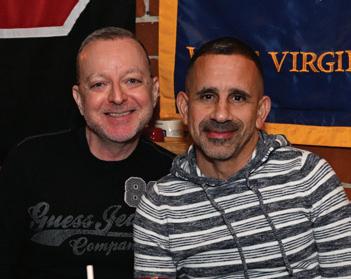
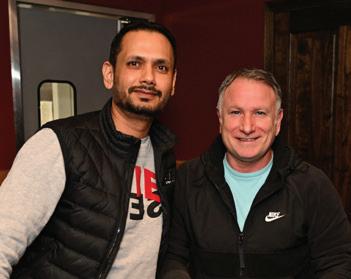
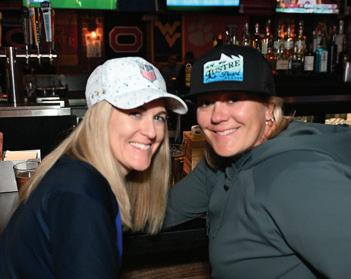






We all have those moments of ‘wait, did they just say that?’ Lucky for you, we compile the best of the best right here on this page. Want to join in on the b*tch session? Submit your own nuggets to info@davidatlanta.com.

Be er late than ugly.
My vision may be blurry but my feelings for you are perfectly clear.




I say “If my memory servs me right” knowing damn well it serves the dark lord.

I make his eyes roll back in his head. Not because I’m good in bed. Because I’m annoying.

Gay people can keep one secret for 10 years, and then none for the rest of our lives.

I will try to stop being mean – but y’all have to stop being so stupid first.
Ok, I ate cheese sticks. Now let’s drink. Four cheese alfredo? In this economy? I don’t think so.



